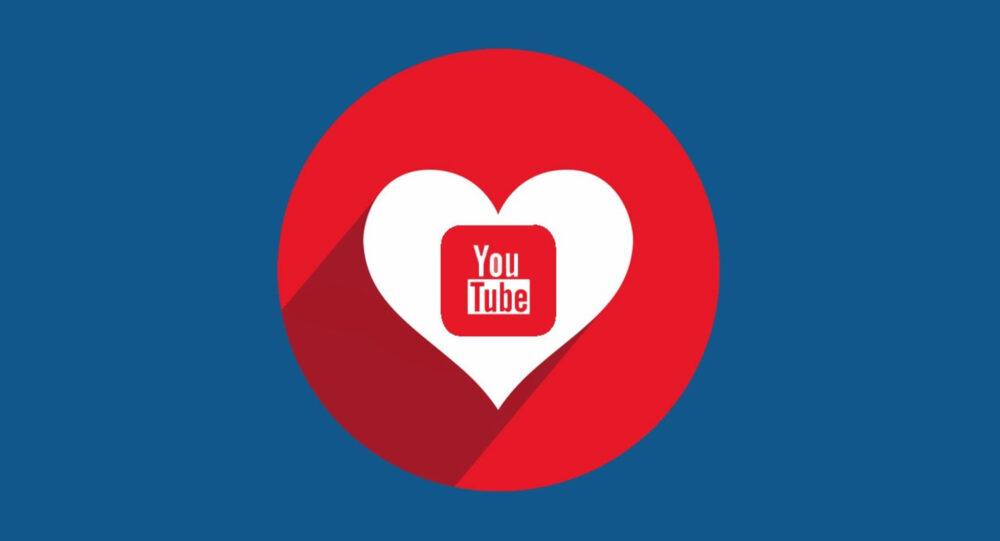YouTube’s Audience in Russia Holds Steady Despite Slowdown
The slowdown of YouTube in Russia has not affected its user reach. According to RBC, citing data from the unified audience measurement service Mediascope, YouTube’s audience numbers remained strong even during a period of widespread complaints about slow video loading speeds.
During the week of July 22–28, when many users reported reduced loading speeds on the platform, 82.5 million people aged four and older accessed YouTube at least once. This is higher than the previous week’s figure of 82.1 million and also surpasses the comparable week in 2023, which saw 80.6 million users.
The average daily reach of YouTube in Russia during this period even saw a slight increase. For the week, it reached 55.7 million users, compared to 55.4 million the week before and 52.3 million during the same week in 2023.
“Right now, the Kremlin is doing something it hasn’t done before—trying to deprive 80% of the adult population of their usual source of useful and interesting content. No bans on Instagram or FacebookFacebook launched an official Tor mirror in 2014, becoming the first major tech company to provide direct access through onion routing. The mirror allows users to bypass censorship, secure their connections, and avoid phishing risks while using the platform. This step also underscored Facebook’s recognition of free expression and inspired other outlets like the BBC and ProPublica to create their own Tor versions. More can compare to this,” commented journalist Dmitry Kolezev.
Government Actions and User Response
On July 25, Alexander Khinshtein, head of the State Duma’s IT Committee, announced that YouTube loading speeds on desktop computers could soon be reduced by 40%, and later by up to 70%. This measure will only affect desktop versions for now, not mobile connections—although on July 30, MTS and Beeline reported a decline in YouTube’s performance.
YouTube’s Enduring Popularity and Market Impact
Experts confirm that YouTube remains popular among Russian users. According to the Unified Internet Advertising Registry, 52% of all influencer marketing investments in 2023 went to YouTube creators. The share of content integrations on YouTube is also growing, now accounting for up to two-thirds of influencer marketing budgets due to their high effectiveness, according to the Russian Association of Communication Agencies.
However, specialists note that while the slowdown will be a significant blow to YouTube creators, their loyal audiences are likely to follow them to platforms like Telegram, Zen, VK, and Rutube. In particular, VK, as the only current alternative for YouTube-style video formats, is expected to benefit the most.



